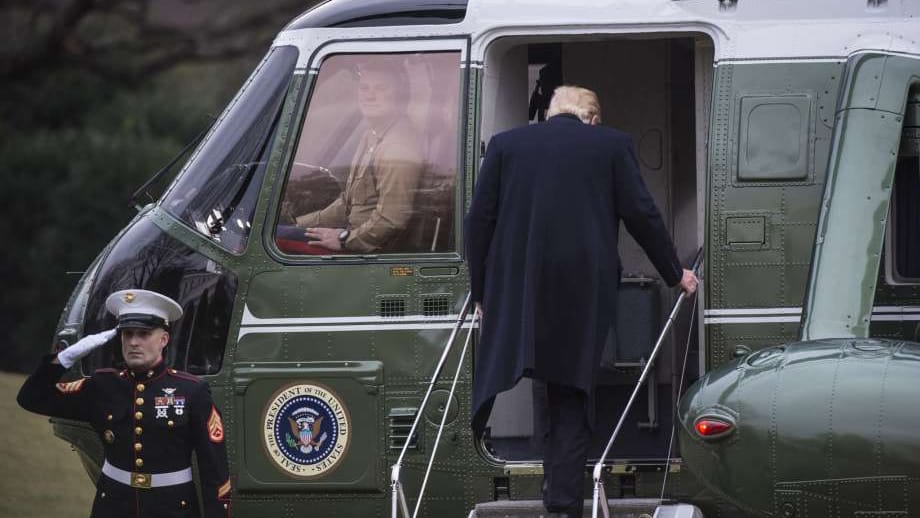What is most troubling about Secretary Clinton’s testimony on the Benghazi affair is the fact that 600 requests from Ambassador Chris Stevens and his staff for extra security went unanswered. Subsequently, Islamic terrorists killed four Americans.
These days, when news reports speak in terms of billions and trillions, 600 may seem a trivial number. Perhaps that is why so many media people ignored the matter entirely, focusing instead on Secretary Clinton’s calm demeanor during the hearing, and concluding that she had vanquished her Republican “oppressors” and secured her position as the leading Democratic presidential candidate.
That reaction is journalistically irresponsible.
If Mrs. Clinton is elected, the safety of the United States will be in her hands for the next four or eight years. Regardless of whether we support or oppose her, the fact that she ignored 600 requests for security raises serious questions about her qualifications for the highest office in the land.
Let’s begin with a little math. The number of days between January 1 and September 11, 2012 was 256 or, if we exclude weekends, 181. The average request per working day was therefore a little over three.
Consider that fact for a moment. Three times a day for eight and a half months the very same urgent message came to the State Department, warning that the security at the U.S. Embassy was inadequate and that the situation for the Americans working there was increasingly dangerous.
Consider, too, that (1) the U.S. government and the entire world knew that the political situation in Libya was volatile, and (2) that Mrs. Clinton regarded the diplomat in charge, Chris Stevens, as a consummate professional and a good friend—in other words, someone whose safety was important to her on both a personal and a professional level.
Given these facts, it seems inconceivable that Mrs. Clinton could have been totally ignorant of even a single request for increased security. Yet she testified under oath that she had been ignorant, not just of one or ten or a hundred, but of all 600 requests sent to her office over eight and a half months. She also stated that she had never given Stevens a direct line of communication to her, a fact that is equally mind-boggling.
Let’s not assume that Hillary Clinton approached her job as Secretary of State in a cavalier manner, putting politics above principle, as some have suggested. Simple fairness demands that we avoid such an assumption.
Let’s instead consider whether she behaved competently. That we can do by identifying approaches would have conducted the diplomatic affairs of the United States in a way that served the best interests of the country and ensured the security of her staff.
I submit these approaches would have been among the most fundamental:
- Establishing a direct line of communication to and from all of her chiefs of station around the world to be used for emergencies. (Had she done this, Chris Stevens would have been able to send any one, or all, of his requests for additional security directly to her.)
- Demanding frequent special briefings from her top staff members concerning the security situation in all diplomatic stations in politically unstable countries. (This would have ensured that she would have been informed of the security problem in Benghazi even if Stevens had not sent his 600 requests.)
- Making clear to all State Department staff in Washington that any urgent correspondence received anywhere in the chain of command concerning matters of the security of embassies and the safety of their employees be brought directly to the attention of her or her senior aides. Also, that the penalty for not doing so would be immediate dismissal from government service. (We can infer that she never had such a rule because, as best can be determined, no one was ever dismissed for failing to inform her of Stevens’ many requests.)
These three safeguards are so basic and obvious that almost any high school graduate could conceive them after a moment’s thought. Yet Hillary Clinton—an experienced lawyer, the wife of a former President, and a U.S. Senator—either did not think of them or refused to apply them.
Even now, three years after four Americans died because of Mrs. Clinton’s failure to establish these basic safeguards, she refuses to acknowledge the irresponsibility of her inaction.
For all these reasons, I believe the 600 unanswered requests create sufficient doubt about Hillary Clinton’s competence and character to disqualify her for the office of President.
Copyright © 2015 by Vincent Ryan Ruggiero. All rights reserved









She most importantly of all believes that the killing of unborn children is alright !!!